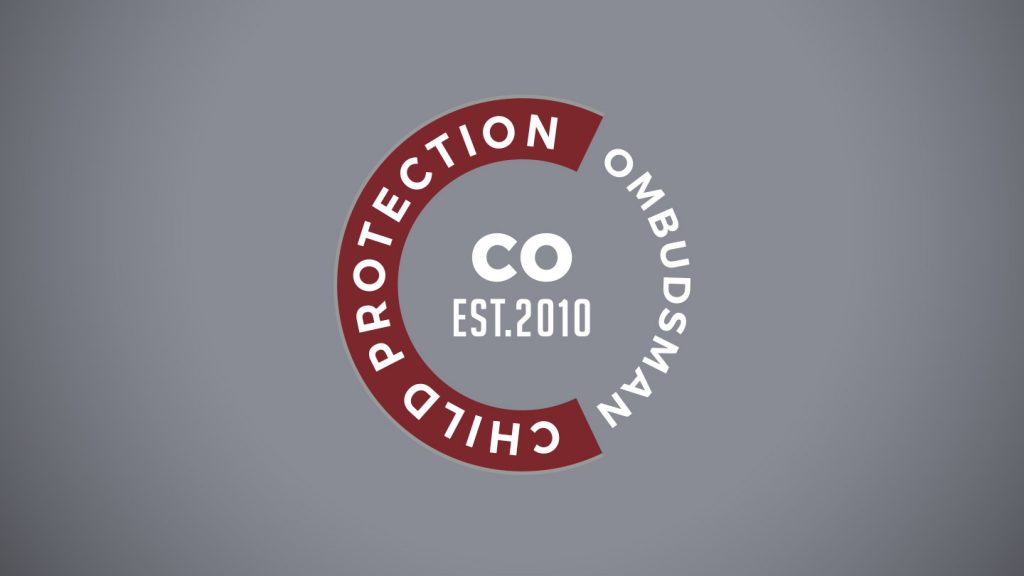The CPO receives dozens of calls from parents each year who are trying to access mental health care for their children. In these cases, children are suffering from severe mental health disorders and in many instances are suffering from multiple diagnoses. Parents are scared and unable to get care for their children. They find that their only options for securing care are short-term emergency room visits that can provide only temporary solutions to long-term problems. There are very few affordable, long-term care facilities in Colorado that can treat children and oftentimes, these facilities have waiting lists that are years long.
To compound problems, private insurance doesn’t pay for these placements and families find that to secure care for their children, they will have to spend up to $20,000 per month, which is not a sustainable position for these families. The Ombudsman office works to get families in touch with the few resources that exist. However, we are invested in seeing the development of a comprehensive behavioral health care system for children—because in our experience, many children and families are suffering alone and not getting the essential treatment that they need and deserve.
As part of the CPO’s investment in behavioral health for children, we became a member of the Governor’s Behavioral Health Task Force – Children’s Behavioral Health Sub-Committee. This task force, created by Governor Jared Polis in April 2019, was created to address the many barriers that prevent all Coloradoans – including children – from accessing mental health services.
The task force brings together expertise from all areas of the behavioral health care system to ensure that solutions do not exist in a vacuum but are discussed in a multi-disciplinary context. Additionally, there are multiple subcommittees that have specific expertise, which is necessary to identify and problem-solve for specific populations such as children.
The task force has been diligent about collecting feedback from citizens around the state by traveling to remote locations and using technology to access citizens in rural jurisdictions. Here, you’ll find compelling testimonies from several families and community members about their struggle to get appropriate mental health care for their children.
The task force meets monthly and will submit a blueprint for change in June 2020 with anticipated recommendations to be implemented in the summer of 2020. The CPO looks forward to providing an update on our involvement later this year.

